The village gate has become a simple yet profound symbol that has long been imprinted in Vietnamese literature as an image of memory, origin and constancy in the midst of a changing life.
In the midst of that emotional flow, the poem “Childhood Village Gate” by poet Nguyen Dang Do appears in a rustic yet haunting beauty. There, the author gently returns to the “threshold” of his own memories with each step, each wind, the lingering scent of a time long gone. In the calm, clear rhythm of the poem, poet Nguyen Dang Do has aroused a very Vietnamese “retrospective” feeling expressed through nostalgia for one’s roots. That is both love for one’s homeland and a way for people to dialogue with themselves after many years of wandering.
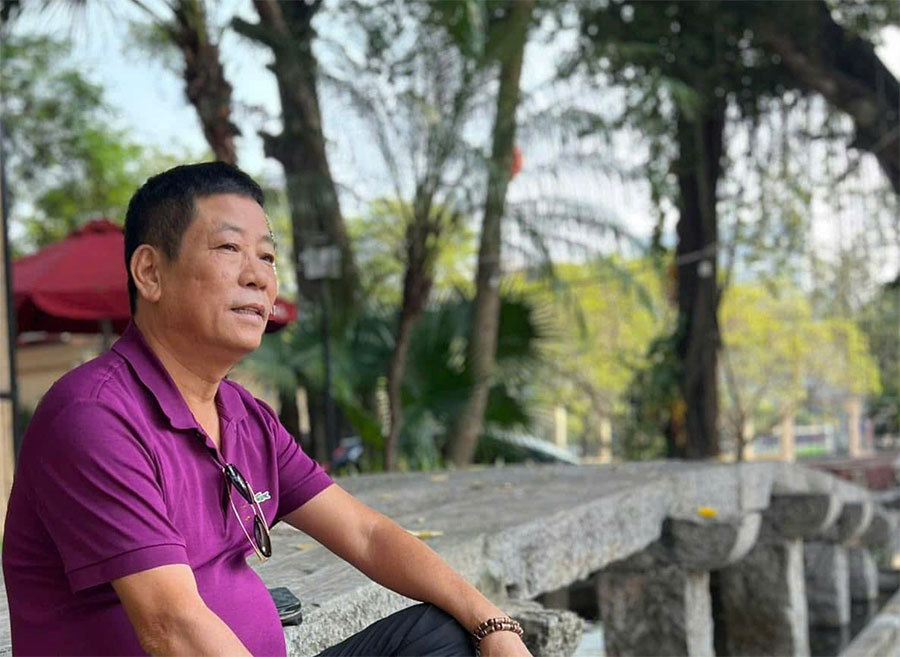 |
| Poet Nguyen Dang Do. |
The first four verses of the poem open up a space of deep and quiet memories. It feels like time has stopped at the moment the child from a faraway land returns to face his homeland. The first verse is as simple as a narrative, but in fact it is a sacred state of mind: standing in front of the village gate, the person returning seems to be standing at the boundary of two worlds - on this side is the present full of ups and downs, on the other side is the clear memory of the distant past.
Poet Nguyen Dang Do does not describe his homeland with brilliant strokes, but chooses to let emotions permeate through each very small image: village gate - childhood - mist. It is the language of memory, not directly but gradually permeates the reader like the sound of the countryside wind gently passing through the bamboo grove. Reading carefully, we will recognize the subtle movement of emotions from the present of action to the depth of thought, then the distance of longing and finally the silence of memory. It is a complete cycle of emotions, opening, settling and then resounding.
If the first four lines are the steps touching the threshold of memory, the following stanzas are the journey deep into the realm of memories. The poet dialogues with his homeland and with himself. “The poor homeland keeps loving words/ A quiet childhood amidst the color, fragrance and love”. Two short lines, but they open up a whole philosophy of life for the Vietnamese people. “The poor homeland” but not poor in love. On the contrary, it is the cradle of love, where every wind and grain of sand knows how to preserve the things people leave behind. The phrase “keeping loving words” personifies the homeland as a mother silently storing in her heart so many memories, so many loving words that the person who left forgot to say. Here, Nguyen Dang Do encapsulates the “heart of the land” silently but embracing all the gratitude of life. The next line has the beauty of purity. The “quiet” childhood means it has become still, has become the past, but is still “among the color, fragrance and love” like a flower that still radiates its fragrance in the mind of the person who left. Amidst the hustle and bustle of life, that memory is still a pure light, the source of humane emotions.
“Listening from the peaceful land/It seems like an echo of a love story from a poetic day”. In these two lines, the rhythm of the poem slows down, the voice of the poem seems to bend down. The author does not “listen” with his ears, but “listens from the land”, that is, listens with a hunch, with a heart that has absorbed the nostalgia of the homeland. That echo is not necessarily a specific sound but “a love story from a poetic day”, a conversation between people and the past. Nguyen Dang Do has a very unique “listening”, the listening of someone who once lived deeply with the land, who once left and knew that the homeland is never silent. “The path is deserted with people waiting/Where is the time of white shirts, apricot flowers, and yellow sunlight”. These two lines of poetry become the peak of nostalgia. The image of “the deserted path” is like a scratch in memory. Each small path once bore the footprints of youth, now only wind and grass grow. The verse “Where is the time of white shirts, apricot flowers, and yellow sunlight” resounds like a sigh, asking, regretting, and mourning. The photo poems “white shirt - flowers - yellow sunshine” blend together to create a nostalgic color scheme. That simple yet bright youth is now only a dream.
The poetic voice is whispering and melancholy. “From then until now” - a period of time so long that memories are covered with dust. But the village gate “still waits” like a mother waiting for her child, like the earth waiting for rain. In the poet’s view, the homeland has not changed; it is that waiting that makes the homeland sacred and immortal. “The house steps are still here/ The pagoda tree climbed along my life in the past”. The two concluding lines create a silence rich in symbolism. “The house steps” are where one first steps in life, a place of separation and reunion. It is the boundary between inside and outside, between going and returning, between past and present. The image of “the pagoda tree climbed along my life in the past” evokes a rare poetic feature, a piece of image that is both concrete and spiritual (climbing along my life). Perhaps not only the pagoda tree, but also childhood, memories, and the image of the homeland have “climbed along my life” like warm blood, flowing throughout the life of those who have gone far away.
One of the special charms of the poem is the musicality and aesthetic language combined in a natural, simple but harmonious way. The author writes with rich rhythm and melody. Each stanza is like a piece of music with low - high - ringing - resonant, reminiscent of the folk music of the Central region, where the sound of poetry blends with the sound of wind, the sound of drums, and the sound of footsteps returning to the village. The smooth and smooth rhyme (“love - fragrance”, “waiting - poetry”, “gold - village”) creates a flexible flow of emotions, making it easy for readers to feel the poem like a peaceful melody resounding from the heart of mother earth.
From an aesthetic point of view, the poem resembles a painting with the main colors of brown, yellow and blue - the colors of the earth, memories, and sunset on the old bamboo fence. The images of “grass covered in mist”, “apricot flowers in the yellow sun”, “the dreamy wind of the old soul” are all highly visual, and can be turned into a scene in a song or a film about the homeland. Therefore, “The Gate of Childhood” can be set to music, becoming a soulful song, evoking nostalgia in the hearts of those far from home.
The poem as a whole is a harmony of longing and contemplation, written by the author in simple yet humane language. Nguyen Dang Do does not try to shape the words, but lets the emotions flow naturally. It is this sincerity that makes “The Gate of Childhood Village” so lasting in the hearts of readers. There, everyone can recognize their own village gate with a part of their soul still waiting, still ringing every time there is a wind carrying the scent of their homeland.
From beginning to end, “Childhood Village Gate” is filled with nostalgia, the feeling that each word is imbued with the scent of the earth, the taste of life and kindness. “Village Gate” is a metaphor for national identity, preserving the soul of the old seasons, the morality of “remembering the source of water when drinking” and the simple yet lasting human love. Coming to the poem, we vaguely see a person returning, and see the whole homeland opening its doors waiting for the wandering children to realize that all glory is illusory, only the origin is real. The work is an echo of memories, both bearing the rustic beauty of folk sounds and imbued with the contemplation of someone who has gone through life. The poet wrote with a heart imbued with the scent of the earth, so that from there, each verse is both the voice of the heart and the voice of many generations of people who, no matter how far they go, still carry in their hearts the image of the childhood village gate, as if carrying a part of their own soul.
THANH KHE
* Please visit the section to see related news and articles.
Source: https://www.qdnd.vn/van-hoa/doi-song/cong-lang-tuoi-tho-noi-tro-ve-ky-uc-907544



![[Photo] Prime Minister Pham Minh Chinh chairs conference on breakthrough solutions for social housing development](https://vphoto.vietnam.vn/thumb/1200x675/vietnam/resource/IMAGE/2025/10/24/1761294193033_dsc-0146-7834-jpg.webp)

![[Photo] President Luong Cuong chaired the welcoming ceremony and held talks with United Nations Secretary-General Antonio Guterres](https://vphoto.vietnam.vn/thumb/1200x675/vietnam/resource/IMAGE/2025/10/24/1761304699186_ndo_br_1-jpg.webp)
![[Photo] Prime Minister Pham Minh Chinh and South African President Matamela Cyril Ramaphosa attend the business forum](https://vphoto.vietnam.vn/thumb/1200x675/vietnam/resource/IMAGE/2025/10/24/1761302295638_dsc-0409-jpg.webp)
![[Photo] Solemn funeral of former Vice Chairman of the Council of Ministers Tran Phuong](https://vphoto.vietnam.vn/thumb/1200x675/vietnam/resource/IMAGE/2025/10/24/1761295093441_tang-le-tran-phuong-1998-4576-jpg.webp)


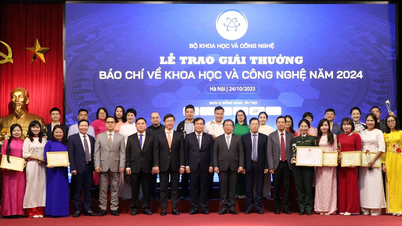
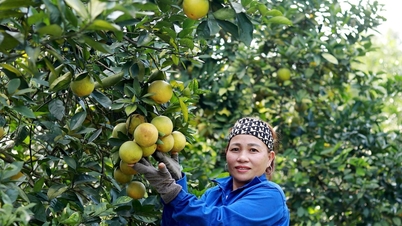

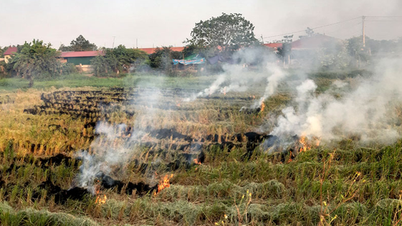









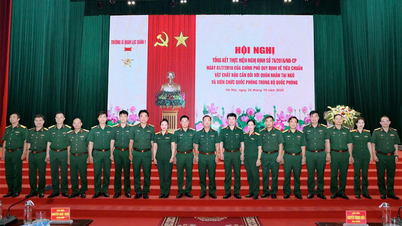
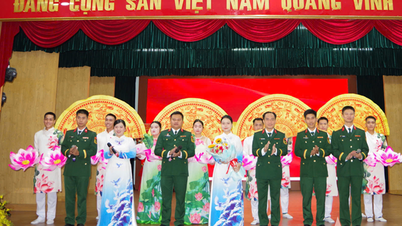
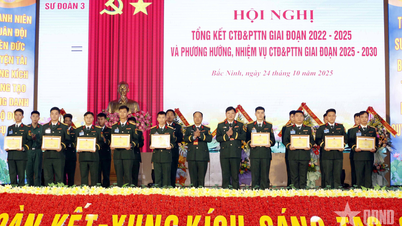






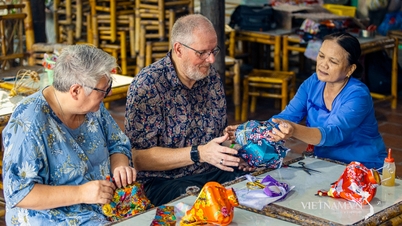

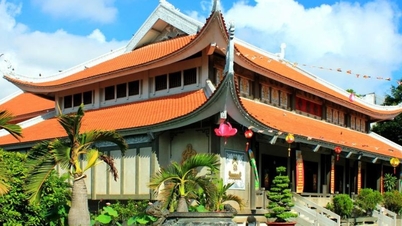

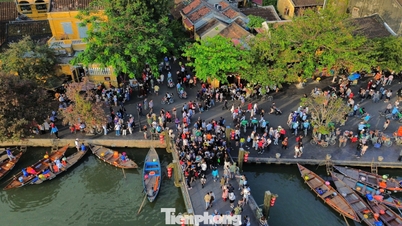







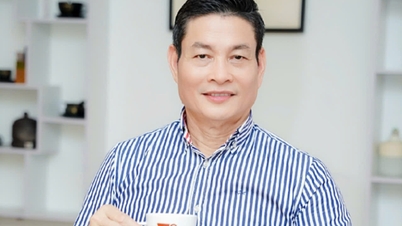


























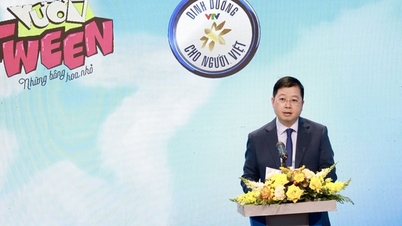


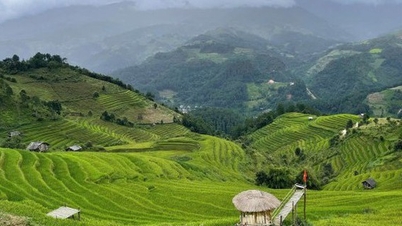






















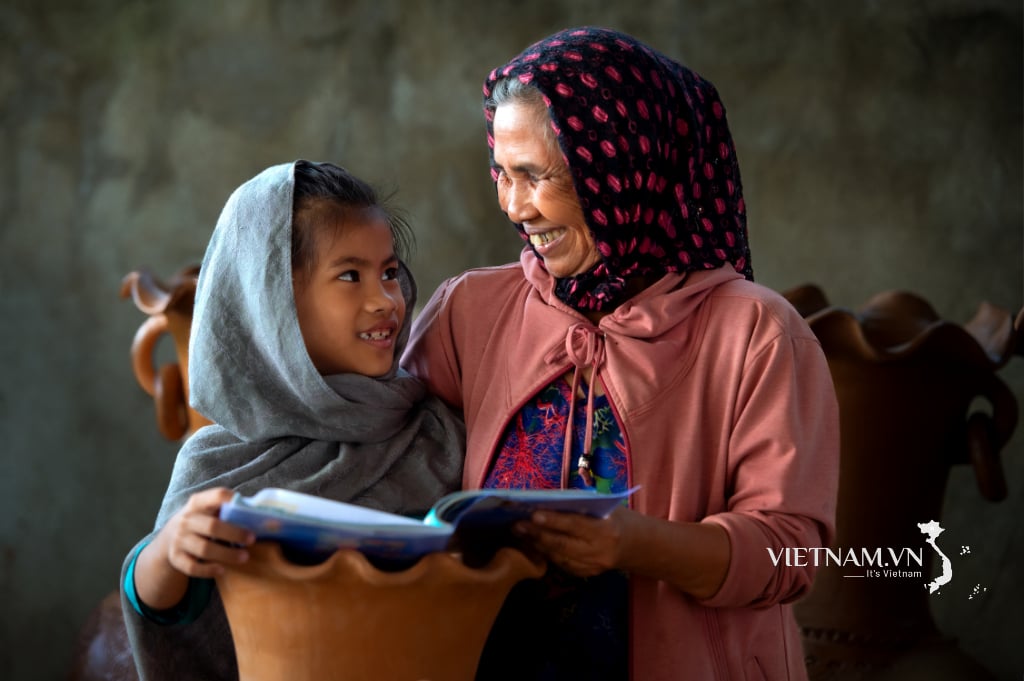



Comment (0)